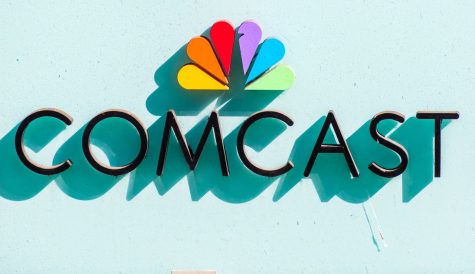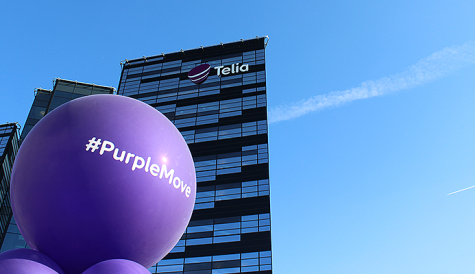Jefferies: Sky more likely to team up with BT Openreach than Virgin Media for fibre
 Sky is more likely to partner with BT Openreach to extend its fibre broadband reach in the UK than to sign a much-speculated on wholesale deal with Liberty Global-owned Virgin Media, according to analysts from Jefferies.
Sky is more likely to partner with BT Openreach to extend its fibre broadband reach in the UK than to sign a much-speculated on wholesale deal with Liberty Global-owned Virgin Media, according to analysts from Jefferies.
Jefferies gave BT a ‘buy’ rating but predicted a cut in its dividend per share from next year to enable it to accelerate its fibre-to-the-premises rollout to three million suburban homes.
The analysts noted that the much-mooted wholesale agreement with Virgin Media to use the latter’s cable network had yet to materialise and that Sky is unlikely to join the latter’s planned infrastructure play as an investor.
Liberty Global has committed to extend its own fibre build-out to seven to 10 million additional homes and businesses with one or more partners that would enable it to be funded off-balance sheet. According to Jefferies, Sky is unlikely to support a “network build that would bring Virgin to areas of the country it has previously not competed in”.
“More compelling for Sky would be to support Openreach FTTP roll out into cabled areas where Virgin’s retail dominance presents an enticing target,” Jefferies said.
It pointed out that Openreach is discussing with Ofcom potential pricing arrangements for commercial FTTP and predicted that agreements could be in place in the summer ahead of a regulatory review decision, because “FTTP economics are less sensitive to regulatory outcomes in cabled areas”.
Jefferies said that for BT, expanding its fibre reach in cabled areas “should create new product advantage” for the telco from next year, with BT’s market share in these areas running at around 25% to Virgin Media’s 40%.
Virgin Media created a new fibre venture to build out fibre to underserved areas last year, and there has been speculation that it could forge a JV with Sky.
Liberty Global CEO Mike Fries recently said adopting a wholesale model would involve “pros and cons” for Virgin Media and said he wholesale option for the exiting cable network was “trickier” than seeking JV partners to build out fibre because it carried the risk of cannibalising the company’s existing subscriber base, but did not rule it out.



